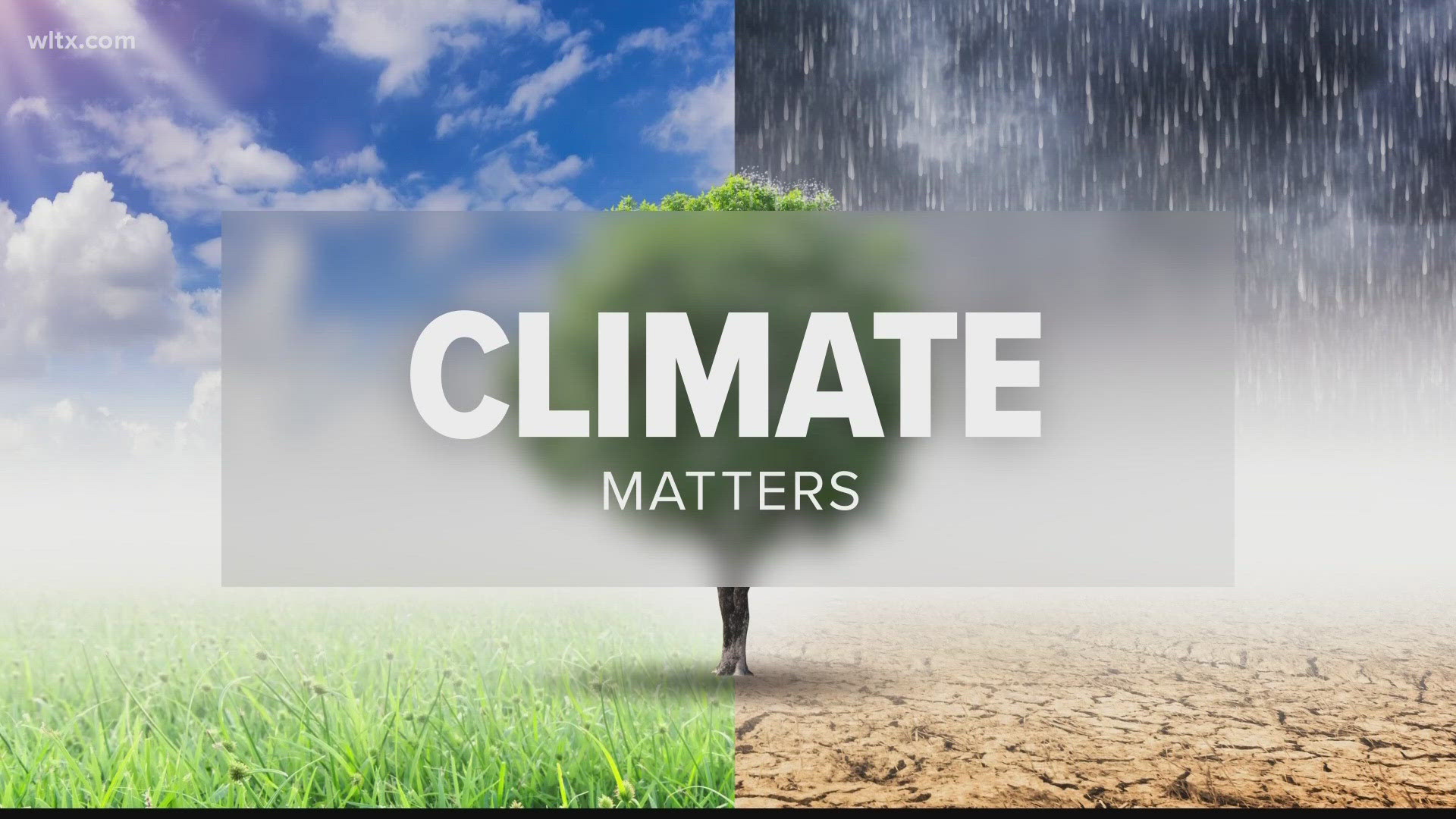The White House released the third National Climate Assessment Tuesday, a massive report that concludes that the use of fossil fuels is leading to extreme weather. LINK:Read the Full National Climate Assessment Report
The report says rising sea levels, hotter temperatures, and drought are happening--and will continue to happen--unless something is done. The study was prepared by hundreds of the USA's top scientists.
Previous Coverage: Report Says Climate Change is Here and Now
Several meteorologists from around the nation were invited to the White House to hear about the new report as it was released, including News19 Chief Meteorologist Jim Gandy. After getting a chance to hear some of the highlights of the study, Gandy interviewed the president one-on-one.
Jim Gandy: Mr. President, the science has spoken. Our world is warming, the climate is changing. What do you think we should do?
President Obama: There are a couple of things that we've already started to do. Increase fuel efficiency standards on cars. We're moving to increase efficiency on appliances, which actually makes a big difference. We're going to be putting forward proposals to deal with existing power plants so they're more efficient. We're doubling--tripling in some cases--the production of clean energy, wind and solar. So these all make a contribution.
But the goal of the climate assessment is to let people know that this isn't something in the distant future. Climate change is already affecting us know. If you live along the coast, you're more likely to experience flooding because of climate change. If you live in the West, you're more likely to experience drought because of climate change. If you live in areas where there are a lot of forests, well, forest fires are going to be more severe and more dangerous as a consequence of climate change. So all across the country, in each region, we're seeing these impacts, and we're going to have to move a little more boldly, but it's only going to happen if the public pushes Washington to move a little more boldly on it. If we do that, then I think we can control this issue.
Jim Gandy: One of the arguments in South Carolina has been that "well, we can't afford to do anything because it would cost jobs." How do we address the economic impacts of the shifting from fossil fuels to alternative fuels?
President Obama: Well the good news is that there are opportunities to create jobs with clean energy. We've seen, for example, a tripling of the production of wind power. Solar power we've increased ten fold. The costs of those things are going down. And there are jobs in installing these facilities, in producing and manufacturing these facilities.
Look, we're blessed to have more bountiful and cheaper energy than any other big country in the world, just about. But what we also know is we're going to have to make this transition. I'd rather that that transition that is inevitable take place here in the United States, that we're making the wind turbines, that we're making the solar panels, that we are creating the energy efficient cars and refrigerators here in the United States, and if we do that, then we're also going to be able to export those to other countries. If we don't, we're going to fall behind, because inevitably, the world's going to have to more toward a more energy efficient future.
Jim Gandy: One other thing that we have in South Carolina is hurricanes. And the assessment says we're going to see stronger hurricanes. Is there something we can do to protect ourselves from that?
President Obama: One of the reasons we did this climate assessment is that it gives us regionally the ability to anticipate what are some problems that we know are going to already happen. It allows local communities and businesses to make some decisions. Do you put the generator on the roof or down in the basement? If you're in an area where flooding is likely, you might want to put it on the roof. If you're in an area where that may not be safe, you may want to put it down in the basement. So there are a series of individual decisions, zoning decisions, decisions about construction standards, that can be made now. And we're going to have to do some adaptation and preparation and build more resistance to these problems. That's something that this administration's already working with states and local communities on doing.
But we're not going to be able to solve this problem just through mitigation efforts. We're also going to have to actually slow down the pace at which the planet is warming, and that's something we can do, but only if the American people push Washington to do it, because typically, politicians are wary about doing something on their own particularly if they're not sure that the public supports it.


